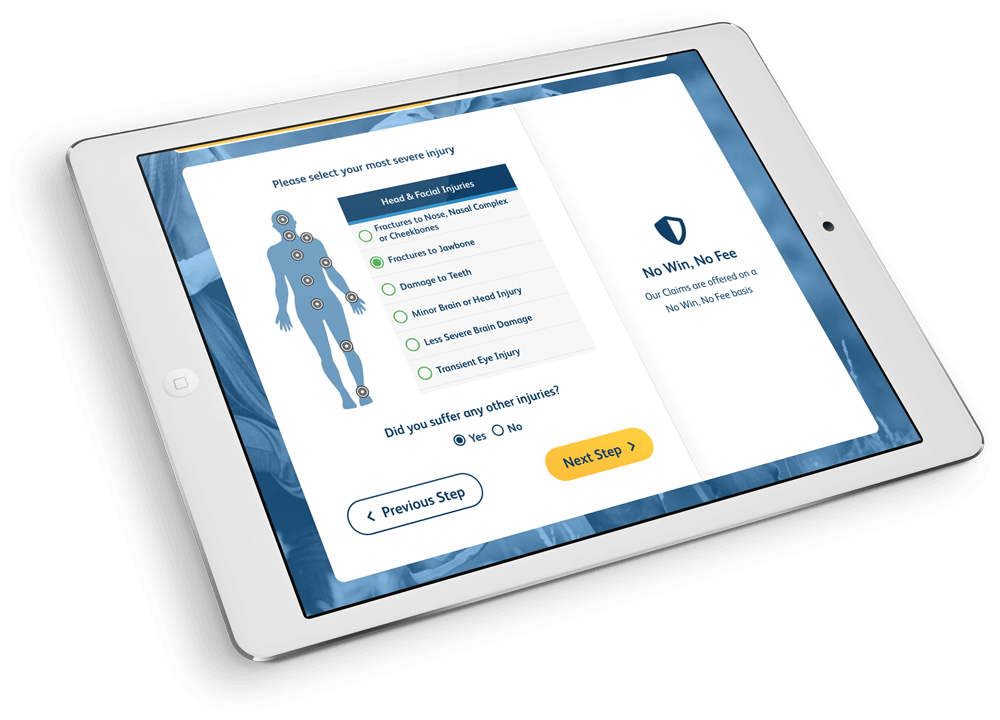Six-year-old who suffered devastating birth injuries awarded £7m in damages
Chase Lorck, who has cerebral palsy after suffering a lack of oxygen to his brain during his birth at King’s College Hospital, London in 2008, has been awarded £7m in damages.
What happened?
The court heard that midwives, who had been subcontracted by the hospital, had failed to implement a plan that had been agreed between the baby’s mother and her doctor beforehand.
Instead they encouraged her to go ahead with a natural birth, despite having already been advised to have a caesarean section because the baby was in a breech position.
Eventually it became too late to perform a caesarean and a normal delivery took place. Because of complications caused by the baby’s position, when he was born there were no signs of life and no heartbeat was recorded until over 10 minutes after he was delivered.
Chase, who is now six-years-old, will require a wheelchair and 24-hour nursing care for the rest of his life.
The ruling
King’s College Hospital NHS Foundation Trust has admitted liability in the case of Chase Lorck.
Chase and his family will receive a £3.1m lump sum, along with annual payments of £300,000 every year until his 18th birthday, when the annual amount increases to £320,000 for the rest of his life.
This will allow them to implement a care regime for Chase, as well as pay for therapies and equipment alongside obtaining expert evidence to consider his needs.
Lawyer, Auriana Griffiths, said:
“It has been heart-breaking for the family to know that Chase’s injuries
would have been avoided with appropriate care; if the midwives
had followed the instructions of the doctor and agreed plan.
“The family hope that maternity staff at the hospital and those
subcontracted to the NHS receive the essential training
needed to plug the knowledge gaps highlighted by
this case to prevent future needless tragedies.”
If you have been affected by medical negligence, and you would like expert advice, contact the Hampson Hughes Solicitors Medical Negligence Team today on 0151 242 1025 or email
Source: View article





